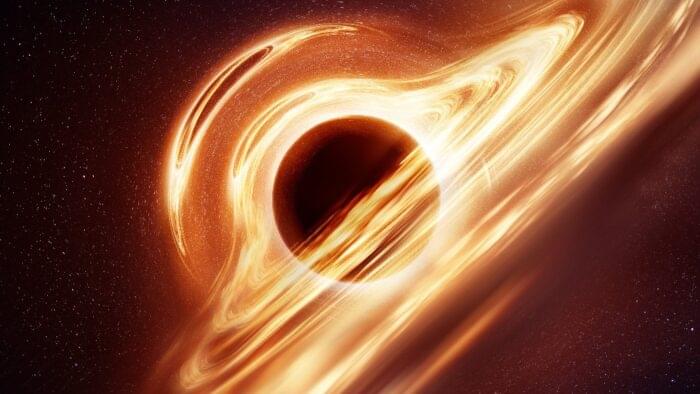Even space and time if it’s quantum.
What will be the ultimate fate of our universe? There are a number of theories and possibilities, but at present the most likely scenario seems to be that the universe will continue to expand, most mass will eventually find its way into a black hole, and those black holes will slowly evaporate into Hawking Radiation, resulting in what is called the “heat death” of the universe. Don’t worry, this will likely take 1.7×10106 years, so we got some time.
But what about objects, like stellar remnants, that are not black holes? Will the ultimate fate of the universe still contain some neutron stars and cold white dwarfs that managed to never get sucked up by a black hole? To answer this question we have to back up a bit and talk about Hawking Radiation.
Stephen Hawking famously proposed this idea in 1975 – he was asked if black holes have a temperature, and that sent him down another type of hole until Hawking Radiation popped out as the answer. But what is Hawking Radiation? The conventional answer is that the vacuum of space isn’t really nothing, it still contains the quantum fields that make up spacetime. Those quantum field do not have to have zero energy, and so occasionally virtual particles will pop into existence, always in pairs with opposite properties (like opposite charge and spin), and then they join back together, cancelling each other out. But at the event horizon of black holes, the distance at which light can just barely escape the black hole’s gravity, a virtual pair might occur where one particle gets sucked into the black hole and the other escapes. The escaping particle is Hawking Radiation. It carries away a little mass from the black hole, causing it to glow slightly and evaporate very slowly.
